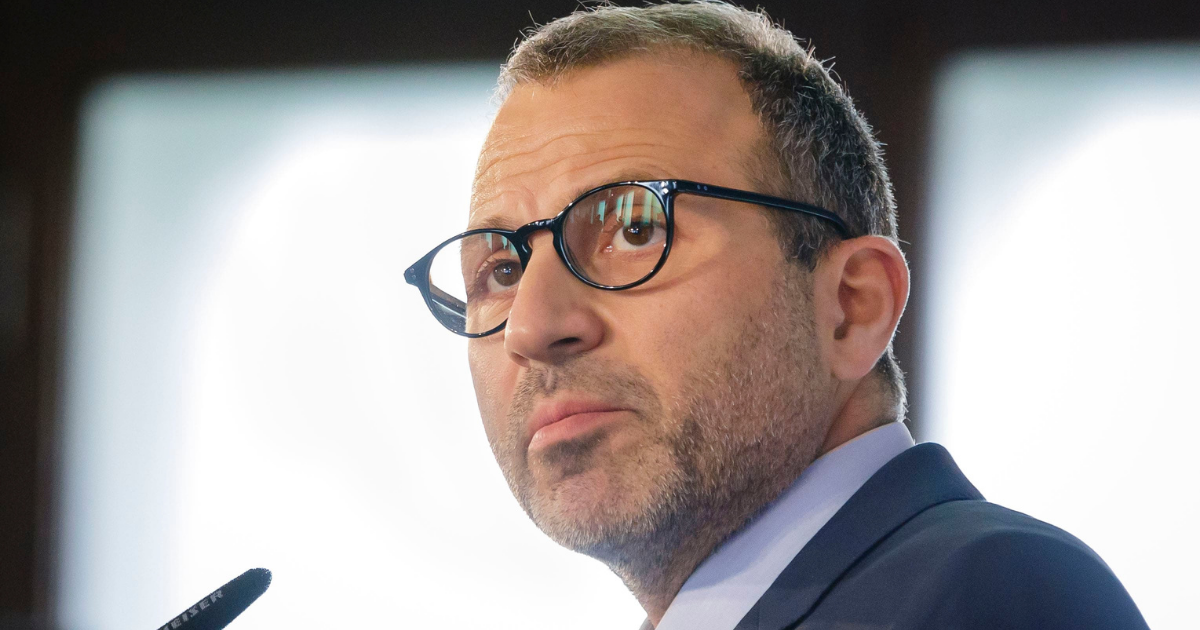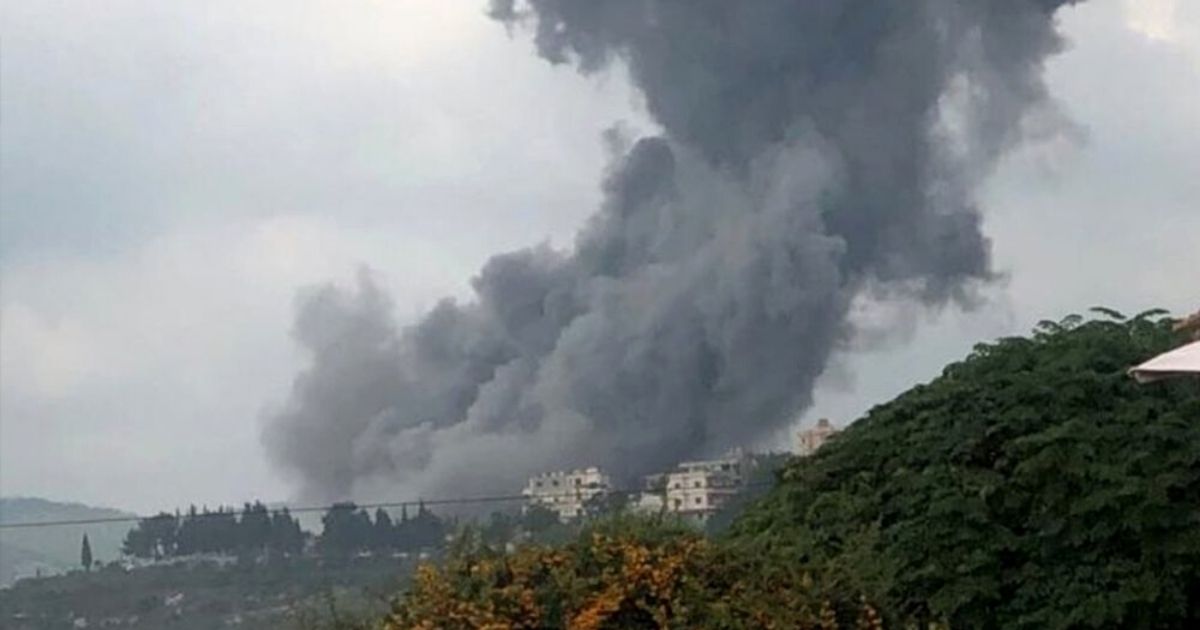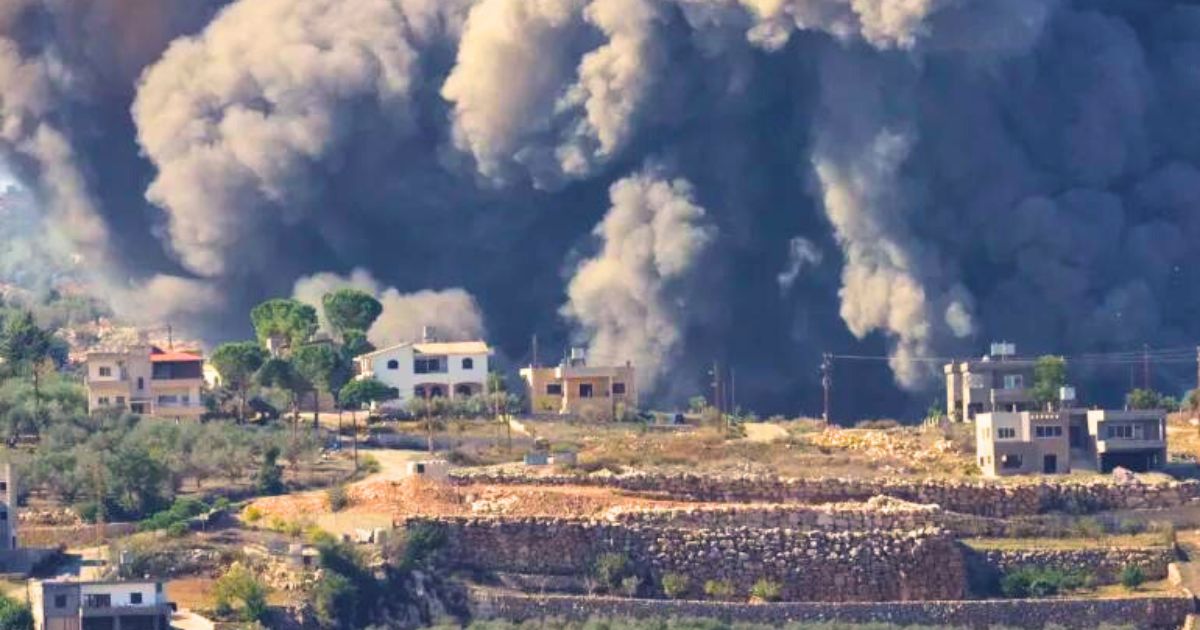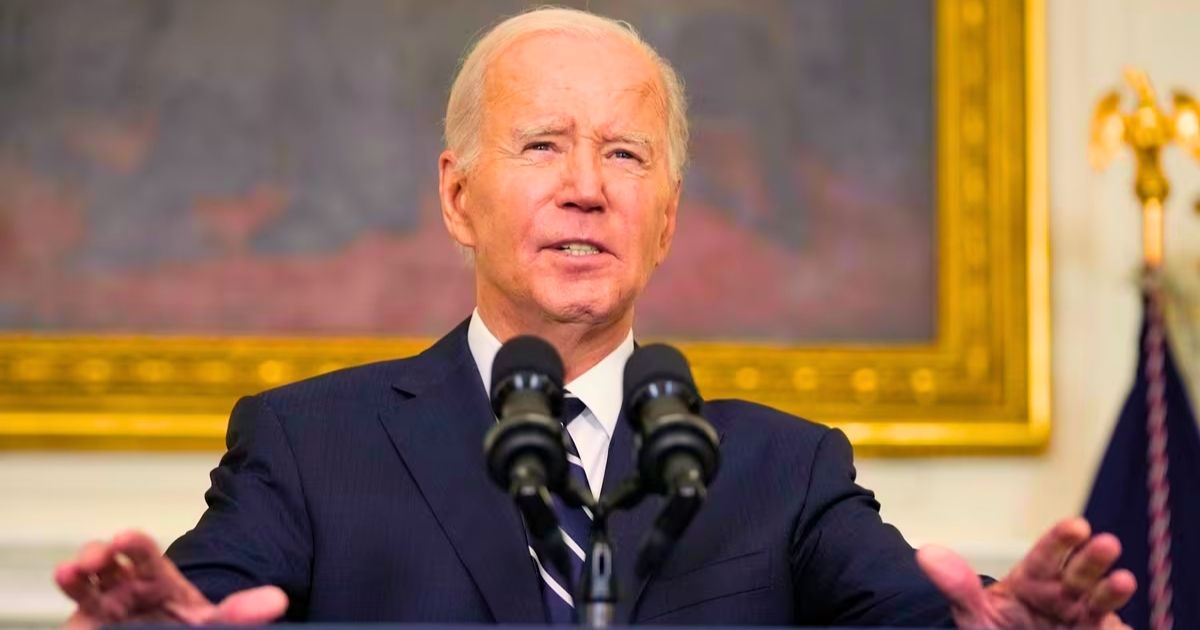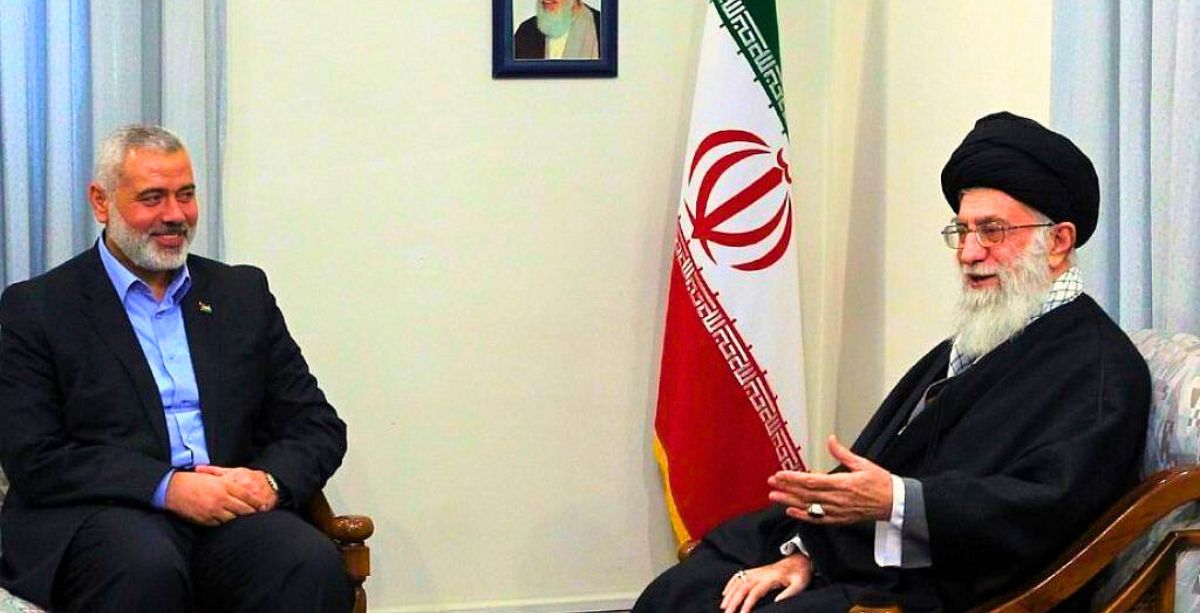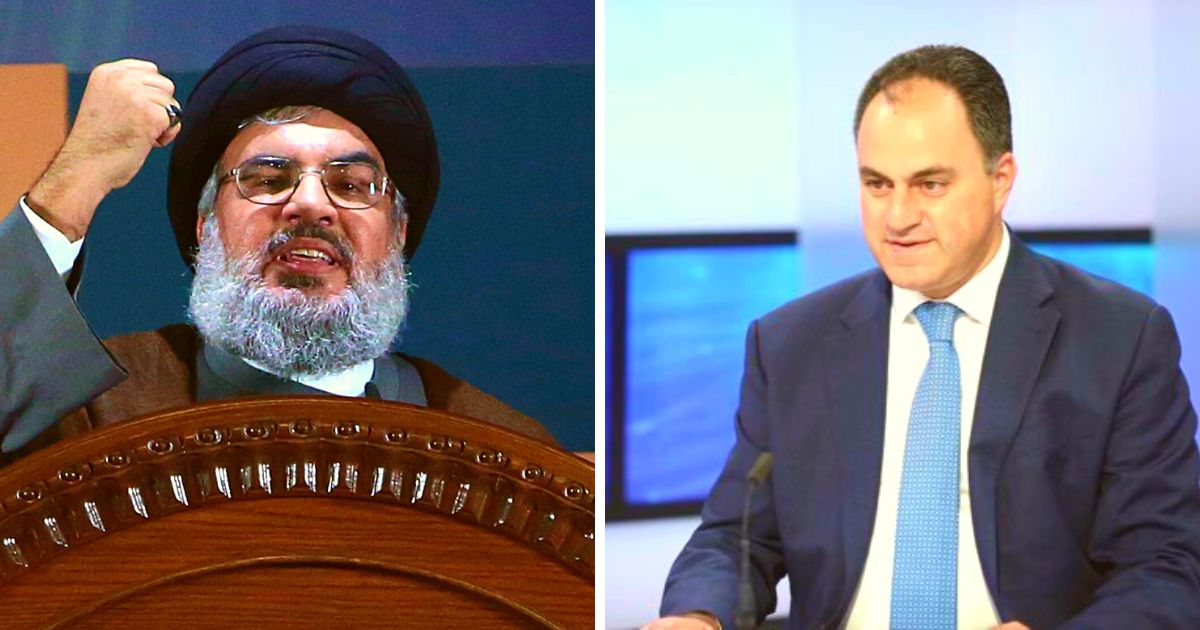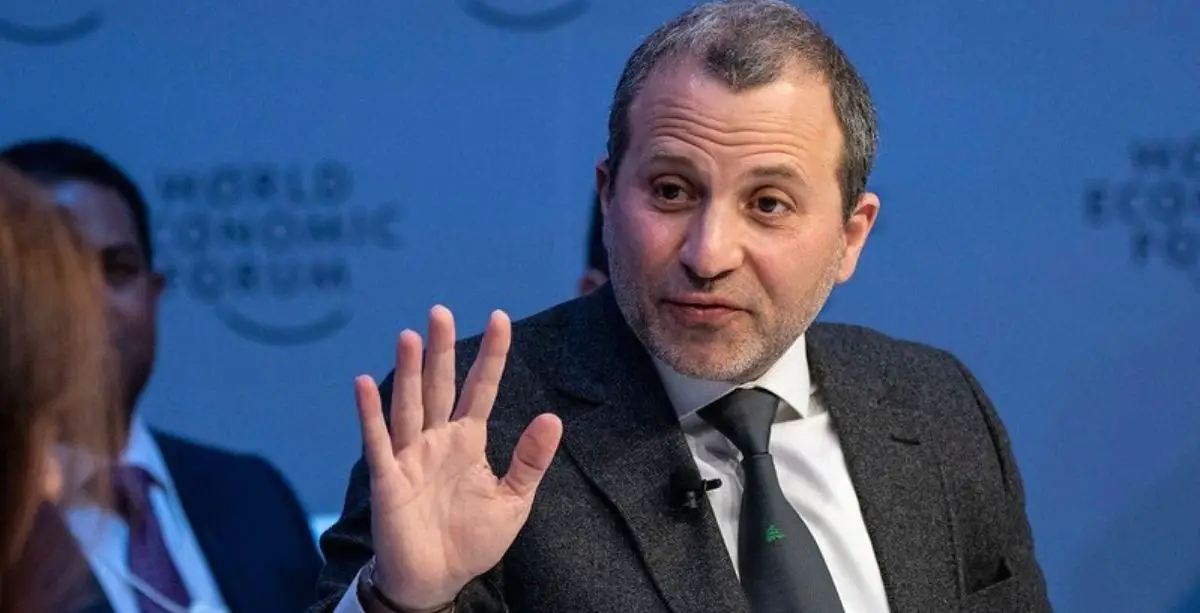Despite its predictability, the announcement of US sanctions on FPM President Gebran Bassil did rock the Lebanese political stage. After all, the sanctions targeted one of the main political key-players in Lebanon… But what do these sanctions entail exactly?
Facing Magnitsky
In 2012, then-US-President Barack Obama signed a bipartisan bill that aimed to punish Russian officials responsible for the outrageous death of Russian tax lawyer Sergei Magnitsky, who died in a Moscow prison in 2009 after 11 months in police custody.
And so, the Russia and Moldova Jackson-Vanik Repeal and Sergei Magnitsky Rule of Law Accountability Act of 2012 was born, eventually giving way to the Global Magnitsky Human Rights Accountability Act – nicknamed the Magnitsky Act.
Enacted by Congress in 2016, the Magnitsky Act has served as a powerful tool used by the US to apply pressure on various figures around the world using sanctions that target serious human rights offenses and political corruption.
Gebran Bassil, a former minister and the current leader of the largest Christian party in Lebanon, was sanctioned last week on the basis of allegations of both corruption and human rights abuses.
What Are the Sanctions?
Sanctions under the Magnitsky Act entail several financial and legal punishments.
Firstly, the sanctioned individual – in this case, Gebran Bassil – loses the right to enter the US and his eligibility to obtain visas to some countries that have certain agreements with the US.
But the more painful side of the sanctions targets the designated individual’s financial resources and bank accounts.
For one thing, the sanctions prevent Bassil from conducting transactions with American individuals and entities in the US, and with any American citizen and institutions in the world.
Furthermore, they involve the freezing of US-based assets, accounts, and properties that belong to Bassil.
His bank accounts outside the US are also targeted by the sanctions, forcing him, in some cases, to withdraw his funds, while completely freezing them in others, such as in Lebanon.
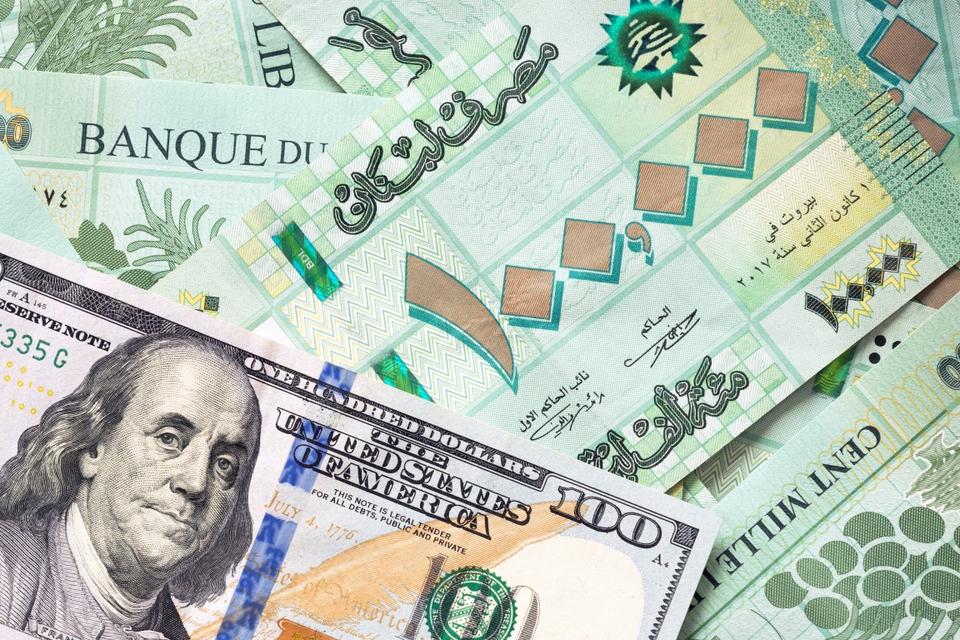
As a result, Bassil essentially loses the ability to deal with banks internationally. But the sanctions’ effects are not restricted to the politician alone.
In addition to those of people close to him, such as his family members and entourage, even the assets of companies that have dealt or intend to deal with Bassil may be impacted by the sanctions and will be monitored closely by the US authorities.
In effect, banks will likely become more cautious when dealing with these people and companies.
Challenging the Sanctions
On Sunday, Bassil announced in a press conference that he would take legal action to challenge the US sanctions, which he called “an injustice.”
However, while the FPM leader naturally has the right to do so, the case against him is “so solid,” according to Assistant Secretary of State for Near Eastern Affairs David Schenker, that winning it would be very difficult for Bassil.
Bassil, a crucial political ally of Hezbollah in Lebanon that has been ensuring the Iran-backed party with the support of his Christian party and partisans, disputes the US’s designation of Hezbollah as a terrorist organization.
A senior US official has reportedly said that Bassil’s support for Hezbollah was “every bit of the motivation” for the sanctions.
After being sanctioned, Bassil responded with a controversial statement that he would not “stab any Lebanese in the back” and that the sanctions don’t frighten him.
